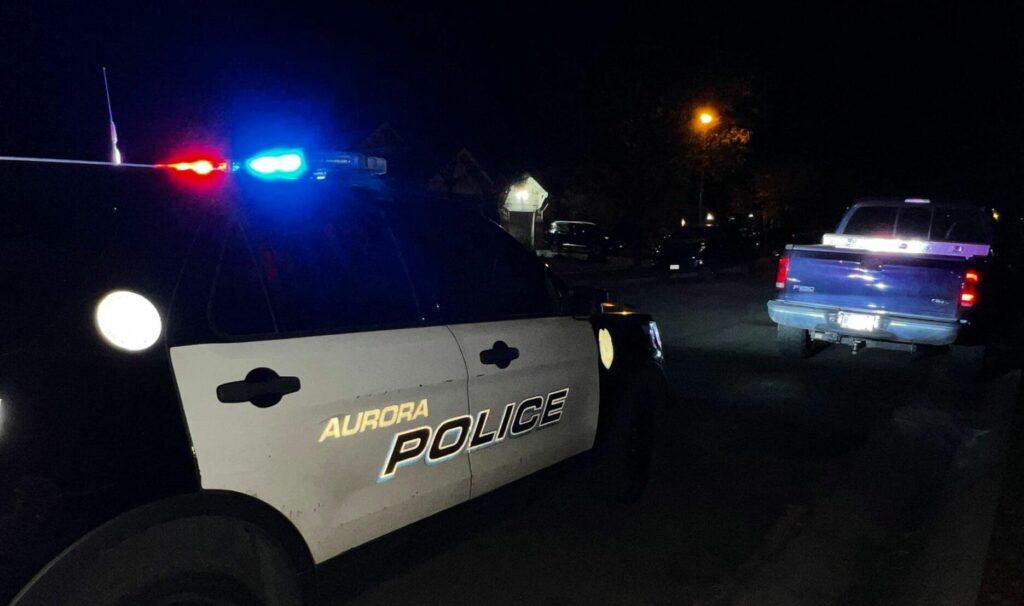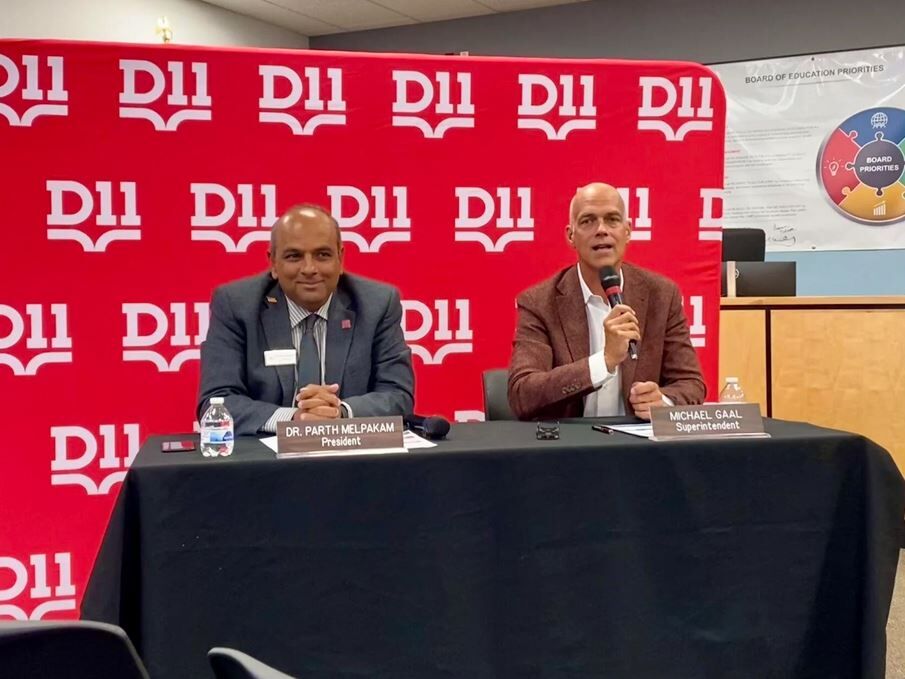Grand Junction Daily Sentinel: Real justice takes time
Tina Peters, after a months-long investigation, was indicted by a Mesa County grand jury Wednesday for the crimes she allegedly committed when she orchestrated a scheme to tamper with election equipment last May. Belinda Knisley, her one-time chief deputy, was also indicted.
Since the tampering allegations first surfaced, we’ve heard from countless Mesa County citizens wondering why it was taking so long for her to face charges. The truth is our justice system takes time to investigate and gather evidence, especially in an important, complicated case like this one.
Just this week, after more than a year of investigation and a trial, a jury in Washington, D.C. found Jan. 6 riot planner Guy Reffitt guilty of all five charges he faced related to the attack on the U.S. Capitol.
It’s easy to watch Batman mete out vigilante justice on the bad guys, but that’s not how real-world justice happens. Trying to overturn an election through violence is easier than doing the hard work to win the election in the first place or persuade a court with genuine evidence of fraud.
Real justice takes time.
Our system is designed to defend the innocent. Investigators pursue evidence and if it doesn’t show a crime was committed, charges aren’t filed. If a grand jury isn’t persuaded by a prosecutor’s evidence, they must decline to recommend charges.
In the Colorado criminal justice system, a grand jury is a group of a dozen or more jurors – average county residents – brought together to decide whether a suspected criminal should be indicted, as District Attorney Dan Rubinstein explained in a statement on the charges.
“Yesterday, the Mesa County grand jury returned an indictment after the presentation of evidence in an ongoing investigation into the alleged election system breach in Mesa County,” Rubinstein said in the statement. “The grand jury, randomly selected from the same pool of citizens that elected Clerk Tina Peters and chosen months before any of these alleged offenses occurred, concluded there is probable cause that Clerk Peters and Deputy Clerk Knisley committed crimes.”
Prosecutors can bring charges on their own, but having a group of random, impartial Mesa County citizens evaluate the evidence and decide that it shows Peters likely committed a crime lends credibility and heft to the charges.
Peters is presumed innocent and must be proven guilty with evidence at a trial beyond a reasonable doubt. Like this investigation and the grand jury action we’ve seen, that’s how our system works. As it should.
Still, Peters is facing stiff penalties if she is indeed proven guilty – up to 28 years in prison and $2.7 million in fines, according to reporting by The Daily Sentinel’s Charles Ashby. Unlike a crime of passion or impulse, a crime like this required a great deal of planning and orchestration, which underscores the wrongful intent of those now under indictment. What Peters and Knisley are accused of, in tampering with and compromising our election equipment, is extremely serious and should come with serious consequences.
It’s fine by us if those consequences come slowly. It’s better to be sure of the accused’s guilt than rush and risk punishing an innocent person.
We see again the truism that the wheels of justice turn slowly, but the grind is exceedingly fine.
Grand Junction Daily Sentinel editorial board












